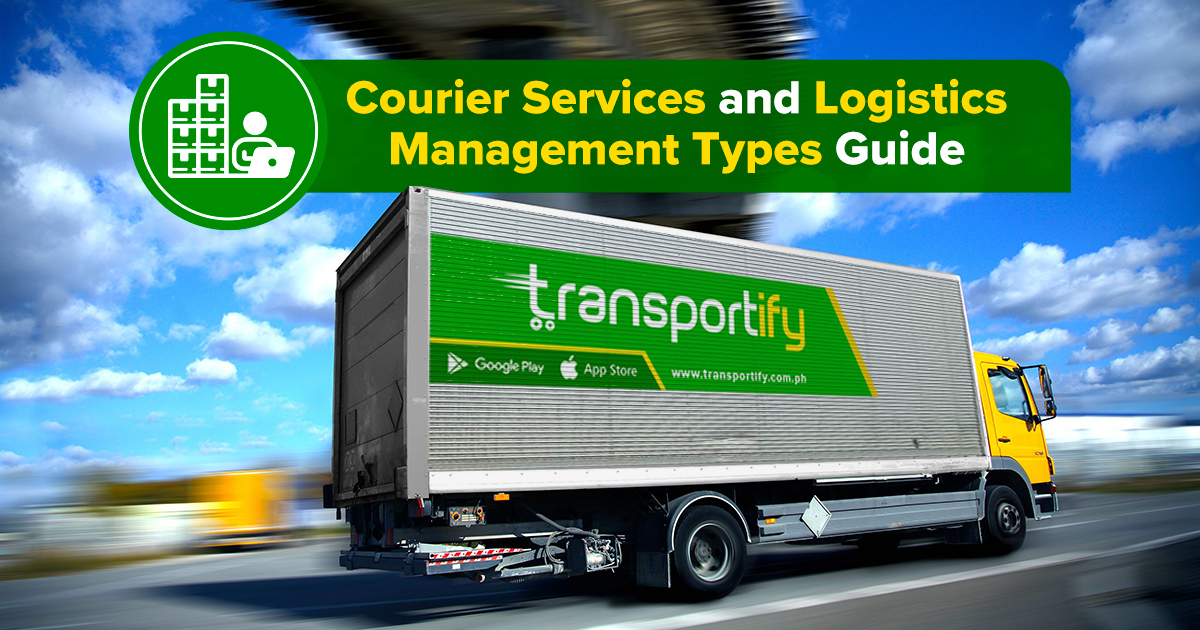
Logistics management in supply chain management involves the planning, implementing, and controlling the efficient flow and storage of goods, services, and related information from the point of origin to the point of consumption. Ensuring that the right products are delivered to the right place at the right time while achieving customer satisfaction and cost efficiency.
Effective logistics management of courier services that businesses partnered with to achieve success is gaining more attention in the growing delivery market. It encompasses various logistics types of services and operations, each serving a specific purpose in the overall supply chain process.
Types of Courier Services Based on Your Delivery Needs
Courier services, as an integral component of logistics management, are usually designed to transport documents and packages for individuals and businesses alike.
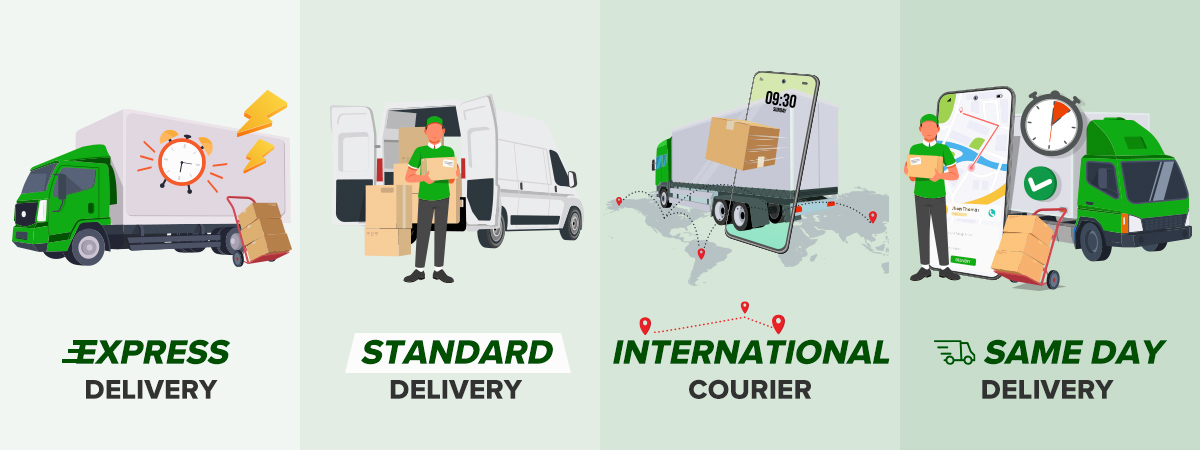
The variety of courier services include:
- Express Delivery: Offers fast, time-bound delivery services for urgent shipments.
- Standard Delivery: Provides cost-effective solutions for non-urgent shipments.
- International Courier: Specializes in the shipment of goods across borders.
- Same Day Delivery: Ensures delivery of parcels within the same day of pickup. This is seemingly popular with on demand delivery courier services in the Philippines. One of the best known for this is Transportify. With a wider range of coverage area they also provide a wider range of vehicles to choose from, which attend same day deliveries. Check the table below:
| Vehicle Type | Dimensions/ Weight Limits | Base Price (Metro Manila) | Base Price (Outside Metro Manila) | Base Price (Visayas/Mindanao) |
|---|---|---|---|---|
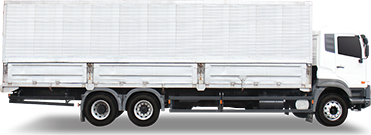 Wing Van Wing Van | 32 to 40 x 7.8 x 7.8 ft 12000kg to 28000kg | 7000 PHP | 6500 PHP | 6500 PHP |
| 18 x 6 x 7 ft 7000kg | 4850 PHP | 4850 PHP | 4850 PHP | |
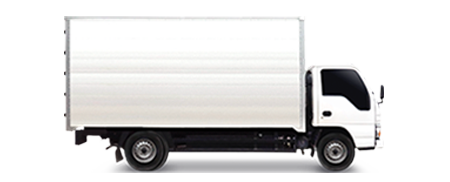 Closed Van Closed Van | 10 to 14 x 6 x 6 ft 2000kg to 5000kg | 1600 PHP | 1450 PHP | 1450 PHP |
 Open Truck Open Truck | 10 to 21 x 6 ft x open 2000kg and 7000kg | 2300 PHP | 1950 PHP | 1950 PHP |
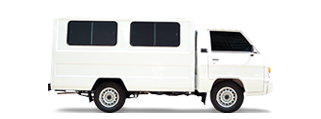 L300/Van L300/Van | 8 x 4.5 x 4.5 ft 1000kg | 415 PHP | 374 PHP | 335 PHP |
 Small Pickup Small Pickup | 5 x 5 ft x open 1000kg | 418 PHP | 338 PHP | 325 PHP |
| 5.5 x 3.8 x 3.8 ft 600kg | 375 PHP | 292 PHP | 275 PHP | |
| 5 x 3.2 x 2.8 ft 200kg | 240 PHP | 210 PHP | 160 PHP | |
| 3.5 x 2 x 2.5 ft 200kg | 220 PHP | 190 PHP | 140 PHP |
These courier services of various types of logistics are all in achieving efficient delivery and meeting customer satisfaction of business operations.
Logistics Management Types and Its Applications
Transportation Logistics
Transportation logistics and types involve the planning, executing, and optimizing the movement of goods. It is a critical component of logistics management as it ensures the timely delivery of products to the intended destination. The modes of transportation in logistics include road, rail, air, and sea, each offering distinct advantages and considerations. Advanced tech solutions such as advanced GPS tracking and advanced tracking systems have revolutionized transportation logistics, enabling real-time monitoring and efficient route planning, especially in adverse weather conditions.
Warehouse Logistics
Warehouse logistics focuses on efficiently storing and managing goods within a warehouse facility. All types of logistics of warehouses, such as distribution centers, fulfillment centers, and cross-docking facilities, play specific roles in the storage and distribution process. Advanced technology, such as automated storage and retrieval systems, has significantly improved the efficiency and accuracy of warehouse operations.
Inventory Management
Effective inventory management is one of the crucial logistics management types that ensure the availability of products while minimizing carrying costs. Inventory control methods such as ABC analysis, Just-In-Time, and Economic Order Quantity help optimize inventory levels and streamline the supply chain process. Proper inventory management directly impacts the overall logistics costs and operations, influencing order fulfillment and customer satisfaction.
Types of Logistics Services and Operations
Inbound Logistics
Inbound logistics and its types involves the management of the procurement, transportation, and storage of goods as they are received from suppliers. It plays a significant role in ensuring the right materials are available for production or distribution. Best practices for optimizing inbound logistics operations include efficient sourcing, streamlined procurement processes, and strategic transportation management.
Outbound Logistics
Outbound logistics focuses on the activities related to the distribution of finished products to the end customers. It encompasses order processing, warehousing, and transportation to deliver products to customers in a timely and cost-effective manner. Strategies for improving outbound logistics efficiency include route optimization, inventory visibility, and effective order fulfillment processes.
Reverse Logistics
Reverse logistics deals with managing product returns, recycling, and disposing of goods. It involves handling returned products, recycling materials, and managing waste disposal in an environmentally sustainable manner. Sustainable practices in reverse logistics operations are becoming increasingly important, with businesses seeking to minimize their environmental impact and maximize resource efficiency.
Integrated Logistics
Integrated logistics is the seamless coordination of what are types of logistics operations and functions should do, including transportation, warehousing, and inventory management. It aims to achieve synergy among logistics activities, improving efficiency and cost savings. Case studies highlighting successful integrated logistics strategies demonstrate the benefits of a holistic approach to logistics management.
Understanding the different logistics management types and operations types is essential for effective logistics management. By comprehensively grasping the nuances of transportation logistics, warehouse logistics, inventory management, inbound logistics, outbound logistics, reverse logistics, and integrated logistics, businesses can optimize their supply chain processes and achieve competitive advantages. As logistics management types continue to evolve, staying abreast of future trends and developments will be crucial for businesses to adapt and thrive in an ever-changing market landscape.
 | or |




 INSTANT QUOTE
INSTANT QUOTE

 Chat
Chat